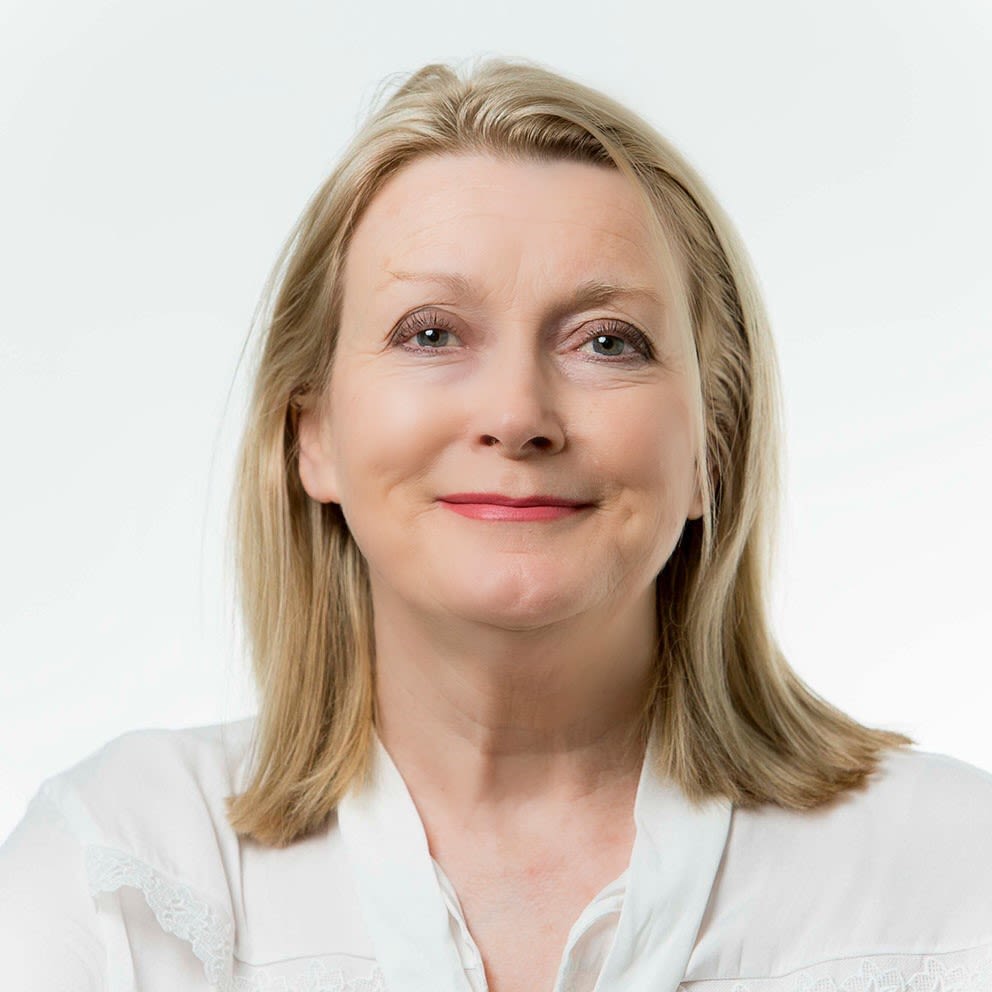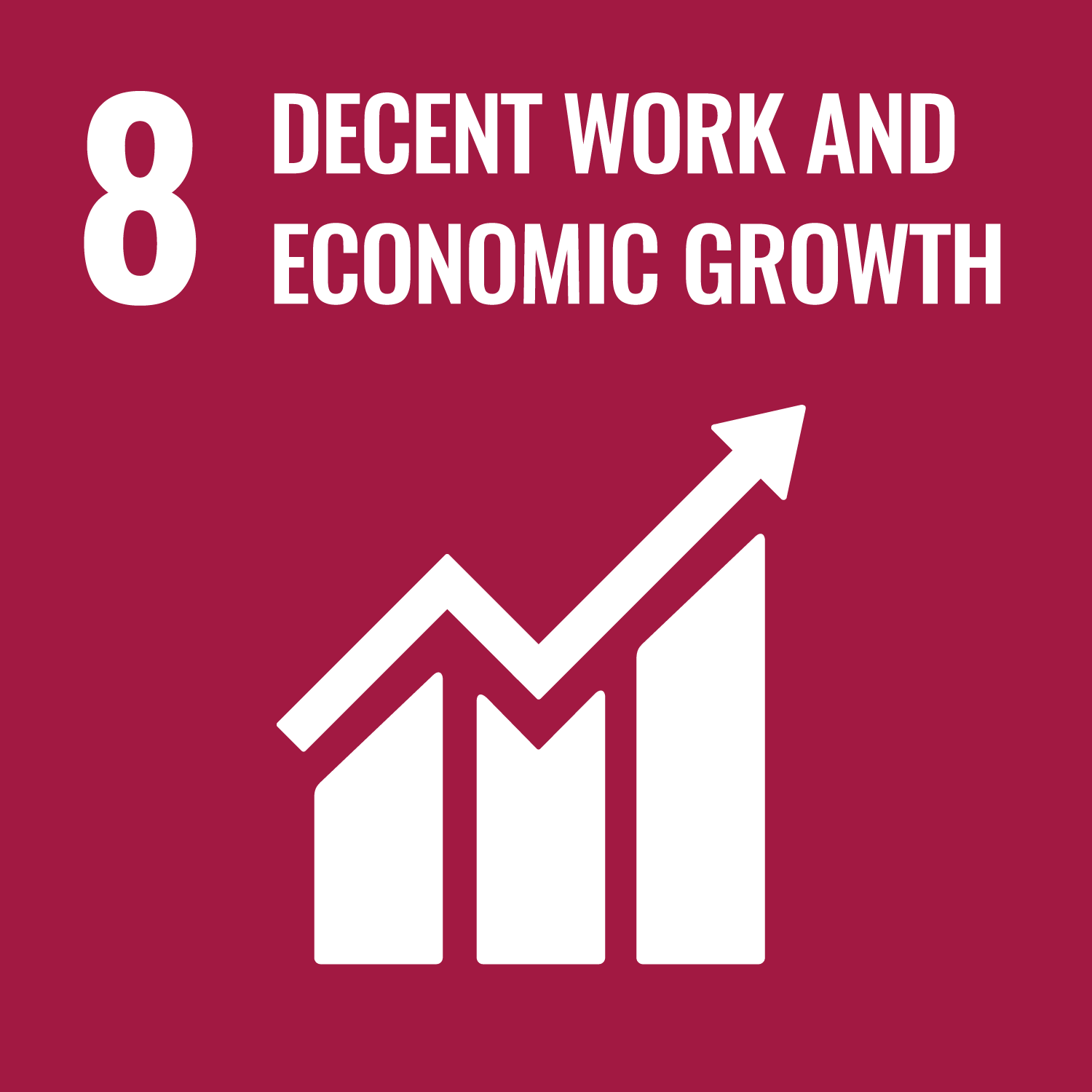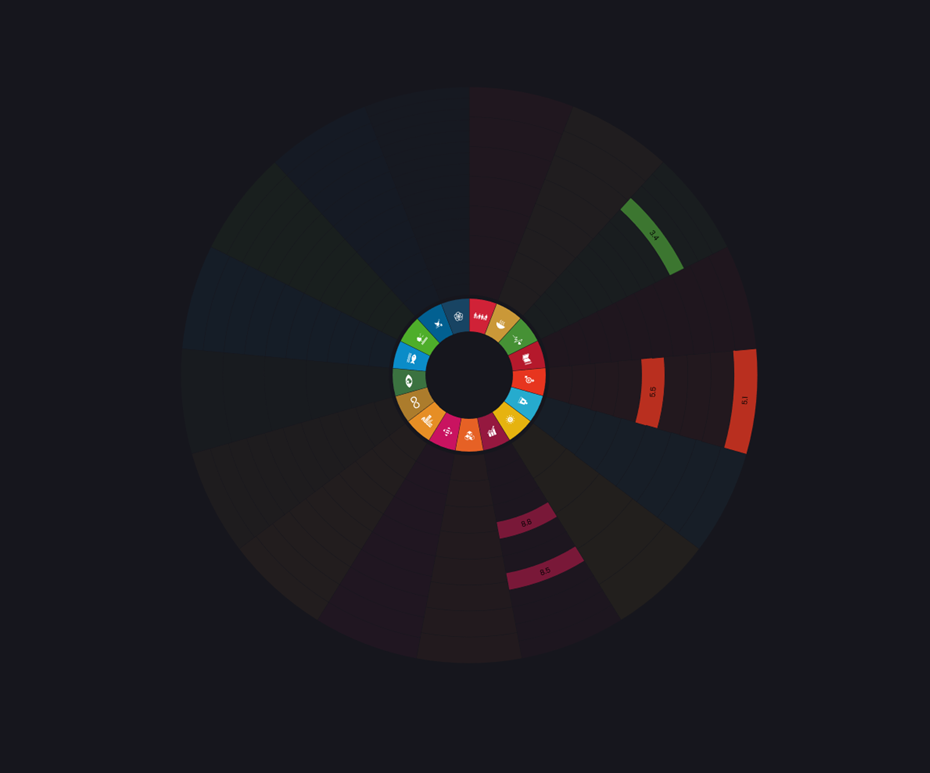Dr Denise Holland
Lecturer in Management; Programme Director of the MSc in International Management
J.E. Cairnes School of Business and Economics, University of Galway



Denise has broad management experience including over 30 years working in the private sector. Her work has included Business Development, Operations, Quality, Human Resource Management, Global Vendor Management and Management Consulting. Her research interests are Talent and Talent Management and the modules she teaches include Human Resource Management, International Human Resource Management and Digital Business & People Analytics.
Denise's work contributes to these SDGs

Denise believes in bridging the gap between theory and practice through the use of practitioners across a broad range of functions including Senior VPs, middle managers and subject matter experts from a broad range of industry sectors.
Key Target: 8.5 Full employment and decent work with equal pay
Denise was Chair of the registered Charity Galway Sick Kids Foundation (GSKF) from 2017 until 2021 and now holds the position of Vice-Chair; she is also a Trustee. GSKF was established to raise funds for the Paediatric Unit at University Hospital Galway on a per-project basis by fundraising for specific initiatives that are identified by staff and parents at the unit.

Teaching

International Human Resource Management The purpose of the International Human Resource Management (IHRM) module is to encourage students to develop their knowledge and expertise across a range of specialist themes in the complex field of IHRM. We take a multinational institutional lens and look at the cultural and organisational context of IHRM. Topics include global staffing, talent management in a global context and the challenges of IHRM arising from the development of emerging markets. Given the significant impact of cross-border mergers, acquisitions and divestitures on human resources, this module addresses the latest concepts and models in relation to IHRM strategies that can contribute to post-deal success and value creation.
Supporting Targets: 5.5 Ensure full participation in leadership and decision-making; 8.5 Full employment and decent work with equal pay
Human Resource Management Human resource management (HRM) is the organisational function concerned with the management of people. HRM is delivered through a HR system underpinned by a HR Architecture. This includes recruiting, hiring, learning and development, performance management, compensation and benefits, and employee relations. We address the nature of bias in the process and discuss the role AI plays in Recruitment & Selection. We examine various HR operating models which determine the structure in which the HR function is organised to deliver HR services and outcomes to its stakeholders. As a starting point it is necessary to understand the employee lifecycle, which begins with planning and ends when the employee leaves the organisation. We also address Strategic HRM (SHRM), which is about aligning people-management policies with organisational strategic objectives in a manner that is ethically defensible and legally appropriate. At the same time, critical HRM realises that people do not represent a passive commodity to be used, redeployed and disposed of at will. Employees react and respond to managerial interventions. Careful policy design, implementation and monitoring promote both employee wellbeing and organisational effectiveness. As we progress through the module we address the legal implications of the employer–employee relationship in the context of key legislation in Ireland against the backdrop of the Institutional Framework for enforcing employment rights and obligations.
Supporting Targets: 8.8 Protect labour rights and promote safe working environments; 8.5 Full employment and decent work with equal pay
Digital Business and People Analytics This module provides a grounding in the basic principles of people analytics and the challenges that HR professionals face in defining the factors that lead to business success. People Analytics is not confined to the HR department and this module aims to develop the awareness, skills and knowledge required to understand people analytics as a mental framework, linking human resource decisions to business outcomes and organisational performance. Through critical discussion, workshops and practice-based tutorials, we investigate how data from both internal and external sources can be used to create, capture, leverage and protect value by supporting people-related decision-making. Recognising the value of human capital, the module also addresses the key competencies required to pursue a career in people analytics, which includes those outside of the HR profession.
Supporting Targets: 3.4 Reduce mortality from non-communicable diseases and promote mental health; 5.5 Ensure full participation in leadership and decision-making; 8.5 Full employment and decent work with equal pay
Contemporary Issues in Work and Organisations Contemporary Issues in Work and Organisations critically examines core and contemporary aspects of the world of work from a human perspective. The course is framed around four core themes each year. This year we focused on 1. Human Resource Management vs Talent Management: a critical perspective on workforce differentiation; 2. Decent work in the Hospitality sector in Ireland; 3. Mergers & Acquisitions and the role of the HR function; and 4. People Analytics and the HR Value Chain: linking human resource decisions to business outcomes and organisational performance. The theories and practices that govern each of these core themes are explored, along with the impacts on the employee and the organisation. The objective of this course is to give students an opportunity to develop critical thinking skills and apply them to the way work is organised and managed.
Supporting Targets: 8.8 Protect labour rights and promote safe working environments, 8.5 Full employment and decent work with equal pay
Engagement
As part of her role as Programme Director for the MSc in International Management, Denise forged an exchange partnership between the Master's in International Business at Florida International University (FIU) and the MSc in International Management (MSc IM) at University of Galway. The inaugural inbound trip from FIU was focused on the theme of "Foreign Direct Investment" and included 40 FIU students visiting an array of multinational organisations in Ireland. The outbound trip, hosted by FIU, included 55 MSc IM students and focused on "Miami as a gateway to Latin American Markets".

Indirect impact SDG Targets
3.4 - Reduce mortality from non-communicable diseases and promote mental health
5.1 - End discrimination against women and girls
5.5 - Ensure full participation in leadership and decision-making
8.5 - Full employment and decent work with equal pay
8.8 - Protect labour rights and promote safe working environments

Denise was Co-Chair at the 2023 IAM Conference in University of Galway.

Research

Featured Publications
|
References |
SDGs |
|
McCarthy, A., Garavan, T., Holland, D., Bohle Carbonell, K., Virtanen, T., O Kane, P., and Van Wart, M. (2022). Talent management in public science funding organizations: Institutional logics, paradoxical tensions and HR actor responses. Public Management Review, 1-22. |
4.4 |
